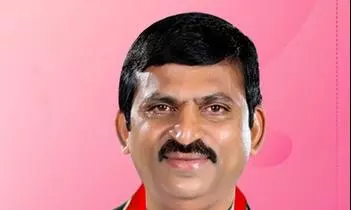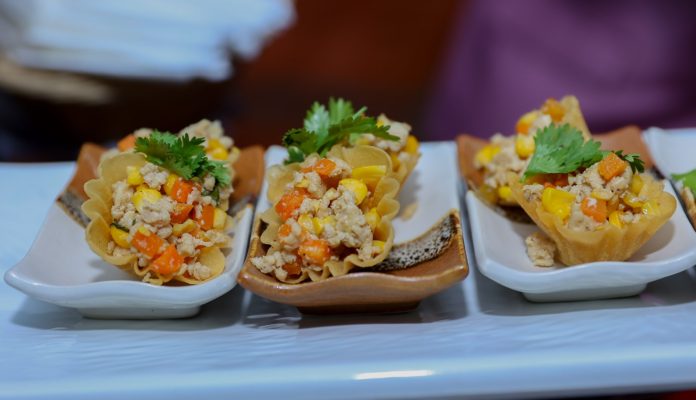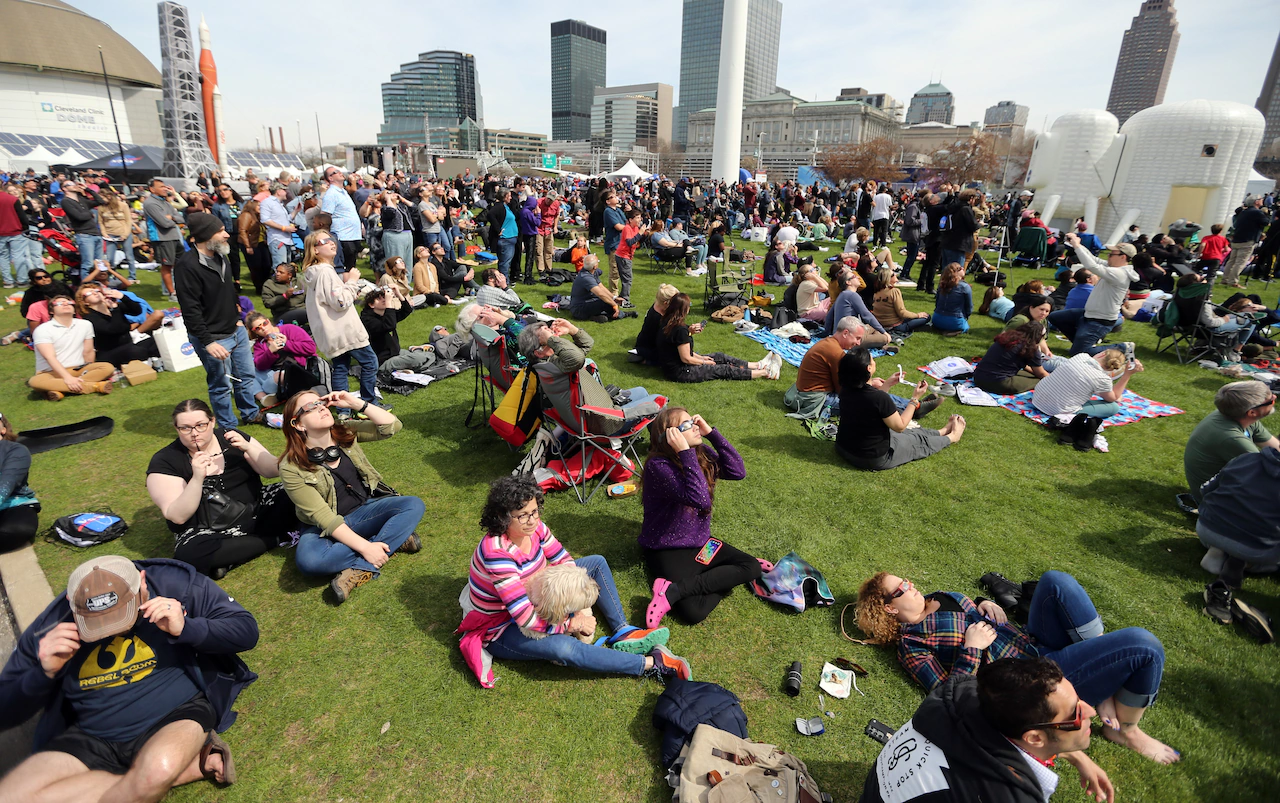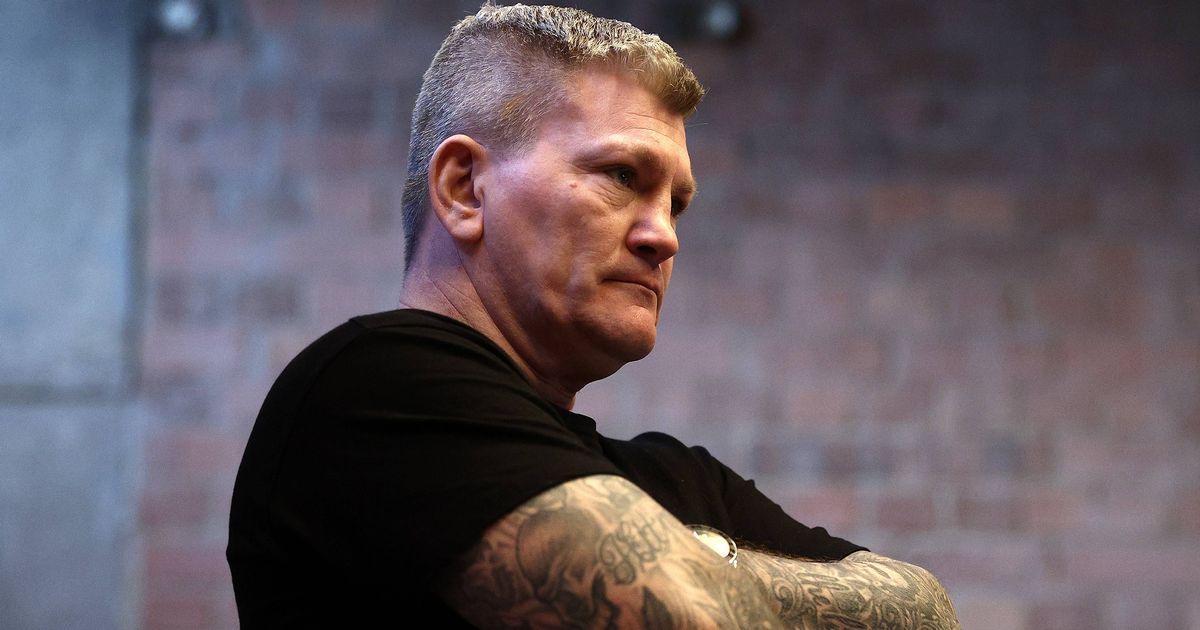By Sarah Maguire
Copyright thespinoff
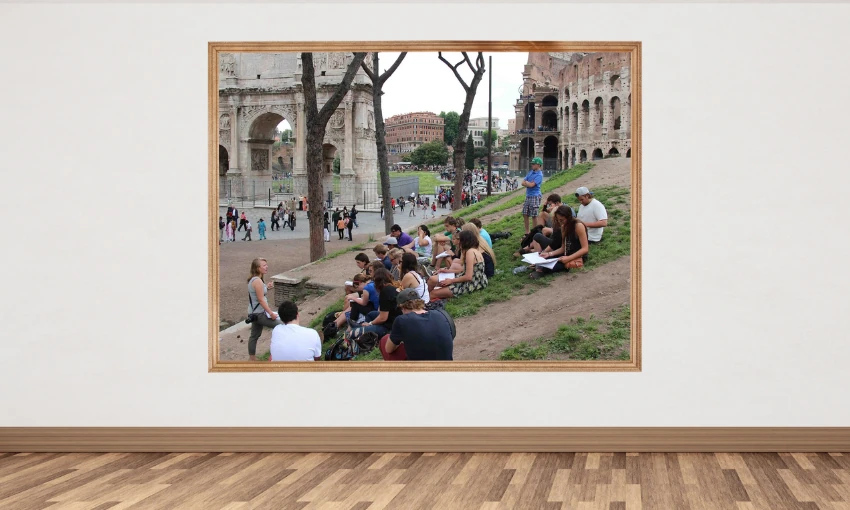
Sarah Maguire, Havelock North High School alumna and CEO of Museums Aotearoa, tracks down her former art history classmates to see how the soon-to-be-scrapped subject has served them, two decades on.
This week, as education minister Erica Stanford announced a new set of “future-focused” secondary school subjects, it was quietly revealed that art history would be scrapped, to be replaced by subsets of itself – civics, politics and philosophy.
Minister Stanford argued students needed industry-led subjects that delivered jobs.
As the head of the industry association for public museums and galleries in Aotearoa, and as a person who has had some jobs, I wanted to interrogate this. So I went and talked to some of my fellow classmates in art history, circa 2005, to see how the subject has served them 20 years on.
Louisa (Lou) Joblin, is a founding trustee of the New Zealand Art Crime Research Trust. In government speak, she’s tough on art crime. Lou said art history taught her to understand the world (and not just the colonial viewpoint of it) in a way she could literally visualise. “It taught me to understand patterns and repetition, draw parallels, critique and analyse, and describe my thoughts and feelings – all while appreciating beauty and immense human skill.
“Art history led me to Italy, to the Association of Research into Crime Against Art (ARCA) where I connected with fellow Kiwis and we then established the NZ Art Crime Research Trust over a decade ago.”
So if it’s civic duty the minister wishes to instil in students, learning to track stolen sculptures and supporting New Zealand artists whose IP has been infringed feels pretty relevant and useful in the age of AI.
Next I spoke to Vic Crockford. Vic and I were the only two to sit scholarship art history in our year, which she achieved and I didn’t. I’m still pretty dark about that.
Vic is now a business owner at Heft Communications, a member of the Climate and Biodiversity Group for the Queenstown Lakes District Council, and the director of the Coalition to End Women’s Homelessness. Vic has used her background in humanities to carve out a career that serves the energy and science sectors too.
“I did gender studies because of art history, which led me to housing advocacy. In my work, I have seen how important creativity and access to the arts is to everything from mental health to disaster recovery.
“Art history was a much more fun route into understanding world events (apologies to my history teacher), and we can use it to think critically about social issues and politics in a way that other subjects don’t provide.
“Creativity is an essential part of being human and art history can widen that lens – critically and as a celebration of beauty.”
She also said she beat me in that exam because she studied harder than me, and I need to get over it.
Lastly, I chatted to Carla Poulton. She reminded me our art history teacher had a large number of small dogs and used to ride to school with a long black raincoat like the wicked witch of the west. That’s a comparison we now realise is anti-feminist and take back. Education gave us that insight.
Carla studied art history and classics right through to university and went on to work in international education.
She was previously co-head of humanities, including social science, Canadian studies and world studies at the Blyth Academy – the leading network of private high schools in Canada.
She also had this incredible job most of us can only dream of, where she would take 35 grade 11 and 12 students on months-long trips through Europe, Asia, Australia and Fiji. Her art history qualifications enabled her to deliver lessons based on the Ontario curriculum at art museums and historic sites such as the Louvre, the Roman forum and Angkor Wat.
Her observations come from the perspective of an art history professional, but also as a teacher who has seen firsthand the impact an art history education has on students.
Carla said, “When I was in high school I didn’t think I was interested in politics and civics, but I knew that I was interested in art. Art history is such an important stepping-stone subject in that respect.
“Art history is just one of those amazing multidimensional subjects where you’re not just learning one thing. You are learning how to look at a whole interconnected set of circumstances, at people’s values and world views as well. So for me, it was an entry point to philosophy and politics and a career abroad.
“I took students through all of the major art museums in Europe and major historic sites as well and I can say, with my teacher hat on, students love it. A bunch of facts can be dry, but looking at art forces you to be put in someone else’s perspective; it is a concrete link between you and someone else. We need more of these links – not fewer.”
Carla said art history is valued internationally, and to strip it from the curriculum here in Aotearoa would be doing New Zealand students with international career ambitions a major disservice.
I appreciate this is anecdotal, but it also echoes the sentiment and serious concerns I am hearing professionally from art historians and museum professionals across Aotearoa.
In a digital world, visual literacy is essential.
I heard in a webinar today of work by Mary Prescott (Sixteenth Letter) that found that our ability to set apart fake images is already no better than chance. So how do we navigate this change?
Not by removing grounding, academically rigorous subjects like art history, that’s for sure.
For me, art history gave me my pathway into politics. It told me women are welcome here and you can try on your views without anyone asking questions. My study has been rewarded, with a career working for former prime minister Jacinda Ardern and now in service of museums and galleries across Aotearoa.
I really hope students in high schools in the future get the same opportunities we did.
Dedicated to Mrs Haddock and Mrs Marshall, for knowing better and putting up with us anyway.
